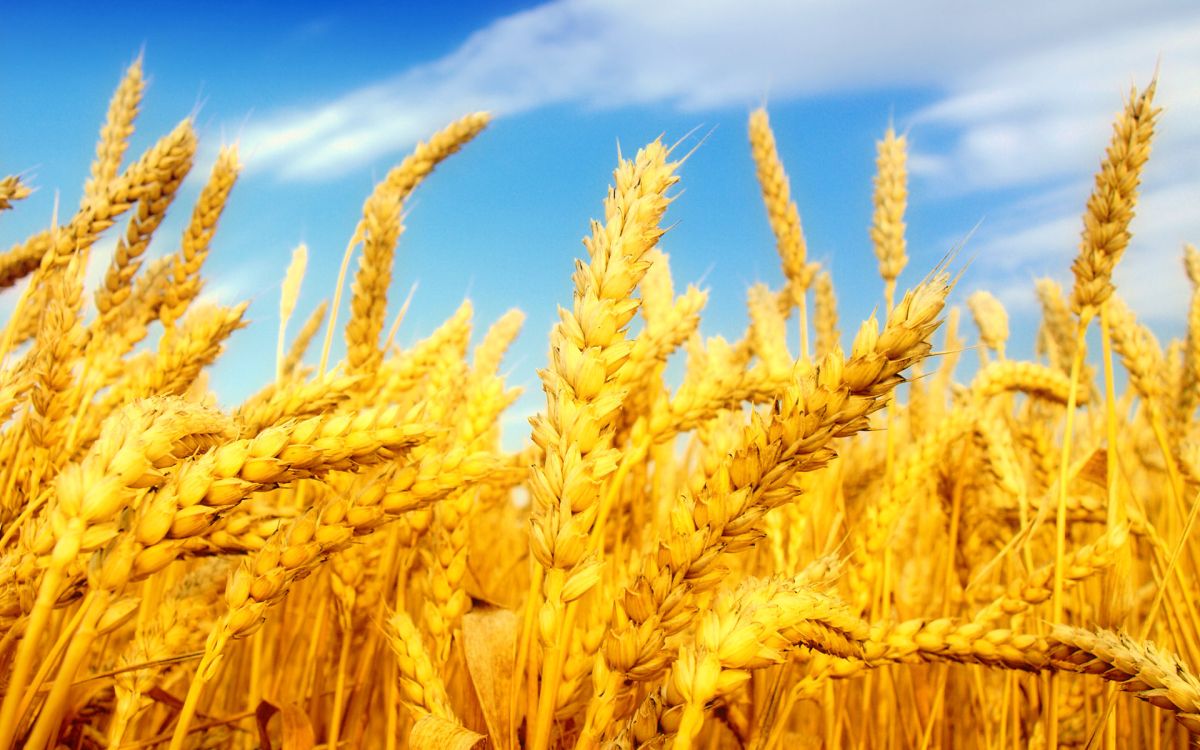
New forecasts released today reveal EU-28 soft wheat and oilseeds production is down this year, compared to 2015, mainly as a result of bad weather as well as increasing pests and diseases.
The forecast was announced at the EU agricultural co-operative Copa and Cogecas’ Cereals and Oilseeds Working Parties.
Chairman of the Cereals Working Party Max Schulman said: "Latest forecasts show that EU soft wheat is down 3.5% this year and yields are lower, mainly as a result of poor weather conditions ranging from drought to excess rain in the centre of Europe.
"Total EU-28 cereals production is up slightly by 1.3% compared to last year but the situation for soft wheat and barley is likely to worsen and the figures will probably be revised downwards.
"There is also huge uncertainty surrounding the maize forecasts as the season started late and there was lack of sun."
"Many countries have also had a big problem with pests and disease this year.
"It is becoming more difficult to fight them as they become more resistant to crop protection products.
"There is a real lack of effective crop protection products and consistent tool box to manage risk at field level. This must be addressed," Schulman said.
Poor weather conditions and increasing pests
Chairman of Copa and Cogeca oilseeds working party Arnaud Rousseau meanwhile stressed: "This years’ EU-28 oilseeds production declined by 1.7% this year, compared to 2015.
"A sharp 5.1% fall seen for rapeseed, partly due to the poor weather conditions and also increasing pests and diseases.
"The drop in area is also due to EU pesticides policy and the phasing out of crop protection products.
"On top of that, the debate on the place of biodiesel in the future energy-climate package generates uncertainty for farmers to plan new crops for harvest 2017.
"EU protein crop production is nevertheless up 5.7% compared to 2015 partly due to the new
Common Agricultural Policy (CAP).
"This is welcome news for the EU livestock sector but need to ensure the quantity will find an outlet on the market."
